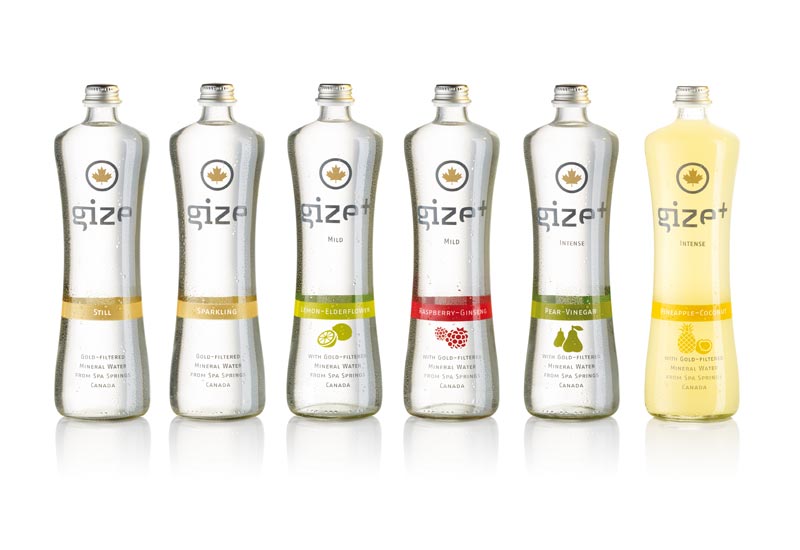Trend 1: Tea innovations
Despite already being a region of tea drinkers, the Middle East is very open to new ideas and concepts and exporters are seeing gaps for new brands and concepts, as Arend Redelinghuys believes.
He’s the marketing director of Rooibos Ltd, a brand of the South African favourite, rooibos (or red bush) tea. He says: “We want to take Rooibos, known for being naturally caffeine free and for its high levels of antioxidants and low tannin levels into the Middle East.
I think our tea will be popular here as I know tea drinkers in the region like to take their tea with milk and sugar, and rooibos is the only herbal tea that can be drunk with milk and sugar, as well as black.”

| Advertisement |
Also making an appearance in the UAE is bubble tea – the first outlet of Bubbles & Boba opened in Dubai Mall in February. It is defined as fruit and milk teas served cold or hot, with chewy tapioca balls, and originates in Taiwan.
Meanwhile, quality tea will continue to rise in popularity, in hotels in particular, according to leaves expert Edward Eisler from Jing Tea: “Whole leaf tea will become a basic standard throughout all outlets,” he says, stressing that high quality green teas, jasmine teas and rare teas from single gardens will help hotels differentiate from the ordinary.
Other predictions include glass teaware, which provides theatre, plus trained tea sommeliers who will help guests select teas that suit their palate, time of day and mood.
Already the Shaza Al Medina in Saudi Arabia has adapted tea times with services based around the five prayer times – black tea for Fajr and jasmine and chamomile infusions for Isha.
Article continues on next page ...









 Search our database of more than 2,700 industry companies
Search our database of more than 2,700 industry companies









